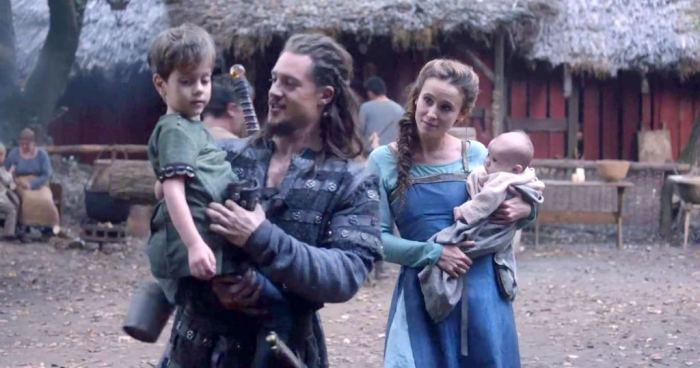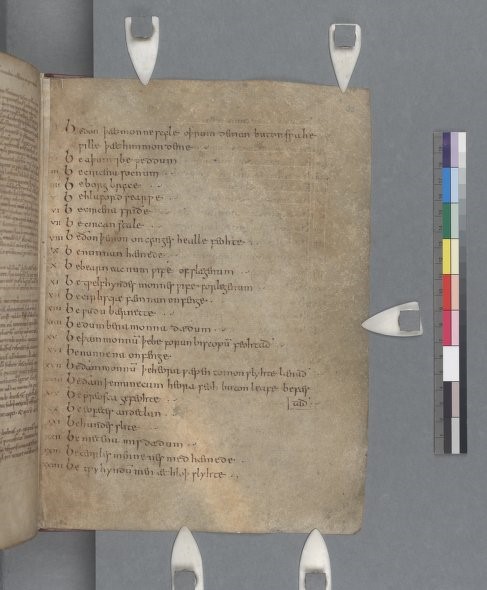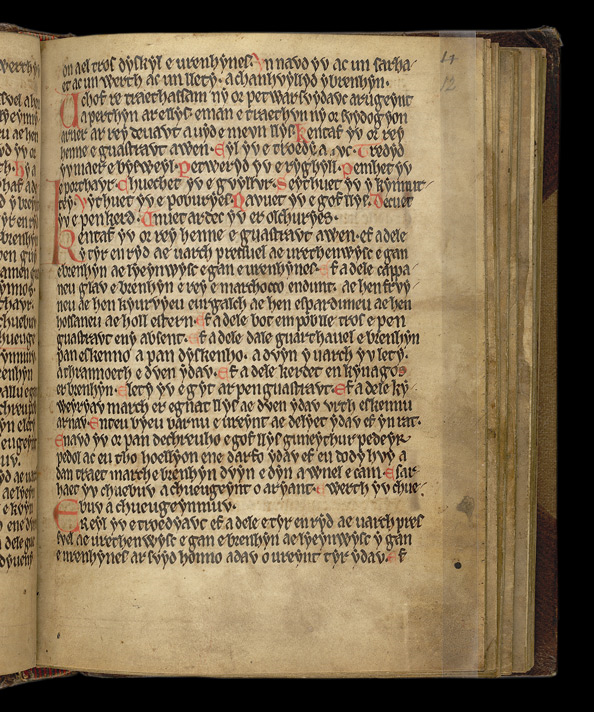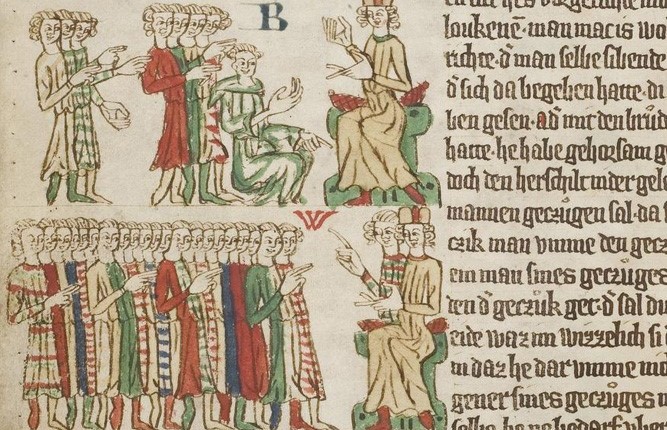Our CUROP student Richard Bowen blogs on his experiences as our six-week research placement student over the summer of 2017. Richard was looking at the Anglo-Saxon law codes and the laws in the Cyfraith Hywel, specifically concerning the nature of marriage and the household. He entered his information, using the relevant dictionaries to provide the taxonomy of the headwords in their respective languages. He was guided in his work by Dr Jenny Benham, Dr Sara Ponz-Sans and Dr Melissa Julian-Jones. Dr Melissa Julian-Jones added in a few Old Frisian and Scandinavian words for comparison from their respective law codes, provided in translation and original by Voices of Law Committee members Dr Han Nijdam and Dr Helle Vogt. The completed database will contain around 200 entries.
Richard’s work will be displayed in poster form at the CUROP & CUSEIP exhibition on Wednesday 18 Oct 2017, which will take place in City Hall, Cardiff, in the Assembly Room and Marble Hall between 14:00-17:00. Tickets for the event are free but registration via Eventbrite is essential. Richard will be on hand to explain his work and answer questions.
In addition to his work on the database, Richard has also developed a workshop for school students based on the research he has undertaken for Voices of Law this summer. The first workshop delivery will be in November for the SEREN Network, and will be attended by A-Level students interested in both History and Law.
Tales of the Unexpected: Shedding New Light on the Medieval Family
– Richard Bowen
I spent the summer of 2017 working. This work was of a different nature to that I undertook the previous year at a local supermarket, it was immeasurably more challenging and rewarding. The work in question was my first experience of independent historical research.
When asked about the object of my research by family and friends, my answer of medieval family law was met with the same mix of facial expressions. They either conveyed pity at the thought of me drowning in such ‘dry’ source material, or boredom at the prospect of listening to me explain it. However, once I began to discuss how the medieval family household could incorporate many unexpected people and objects, along with examples of separation between married couples and adultery, they appeared considerably more interested.

The project gave me the opportunity to work with Old English and Old Welsh laws dating from c.600 – c.1250 and translate relevant words from the original language by comparing them to English translations. I began by datamining the Old English laws and recording words that corresponded with my own definition of the family, a task I thought simple at first. However, I quickly realised within the first few days of the project that the medieval family was far broader and more complicated than I had anticipated. Certain words had multiple meanings, like the Old English hlafurd (lord) that can mean a head of a household, a master of slaves and servants, or a husband in the sense of being lord over his wife. Similarly, I was surprised by the variety of household types that are mentioned in the Old English laws. For instance, hæmed is used to refer to marital unions between foreigners, while another law mentions households consisting of a man living with both a rhitwif (rightful wife) and a ciefes (concubine).

The Welsh laws I studied were the laws of Gwynedd (c.1240-1300) within the Venedotion code, more commonly known as the Iorwerth redaction after the alleged redactor. The Iorwerth redaction is one of multiple versions of the Welsh law codes, thus it must be acknowledged that the other versions would vary somewhat due to regional language differences. The manuscript I searched within was Peniarth 29, one of multiple manuscripts that the Iorwerth text can be found in.
I found these laws considerably more challenging than their English counterparts, mainly because I had not read a word of Welsh since my GCSEs, apart from on road signs. Interestingly, I noticed how many modern Welsh words could be recognised in the medieval laws, despite variations in spelling, something not possible in the Old English laws. The obvious explanation for this preservation of the Welsh language is that England was subjected to total Norman rule after 1066, whereas parts of Wales remained under Welsh control. Realising this simplified the process of translation. I could now scan the laws for words resembling modern Welsh words associated with the family (with the aid of a Welsh dictionary). This allowed me to use the Welsh cefnder, meaning first cousin, to identify similar words as relative to my research before I had translated them. The similarity is made visible by examples like cenedl, meaning kindred, cyfyrder (second cousin) and ceifn (third or distant cousin).

The language of the Welsh laws was not their only interesting feature. The content of the laws shed new light on medieval marriages, with numerous references to separation and marriage clauses I had not expected to find. The word esgar appears frequently, and means to separate from one’s spouse. This is surprising, given the influence religion is thought to have had over early medieval society. While the separation of married couples is discussed in the Welsh laws without any rebuke, laws that mention the distribution of the household property between separated spouses may have served as a deterrent to married people looking for a divorce, as a public division of the property could be humiliating.
These findings in the English and Welsh law codes contradicted my preconceptions of the medieval family household as a reflection of a modern nuclear family, a naïve notion I am glad to have proven wrong. Considering the issues I faced and the revelations I had during my research, I can say without any doubt that my summer was well spent. Not only did I learn a great deal and thoroughly enjoy the experience, it has given me insight into the world of historical research and provided me with essential research skills that my course mates will struggle with when the dissertation looms.
Finally, I would urge any students considering such a project to apply and seize the opportunity to produce a piece of independent research, the finished project could not feel more rewarding.
